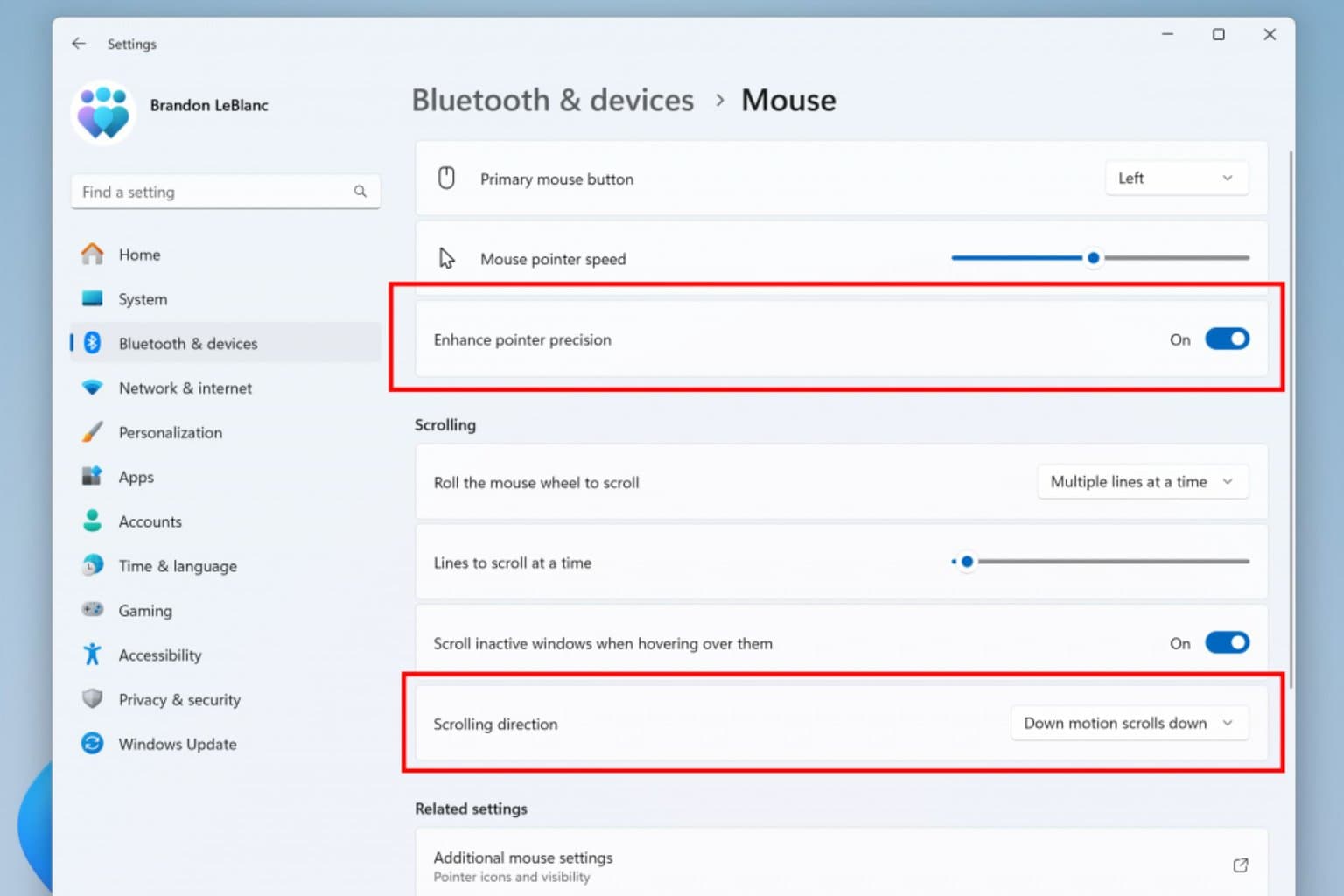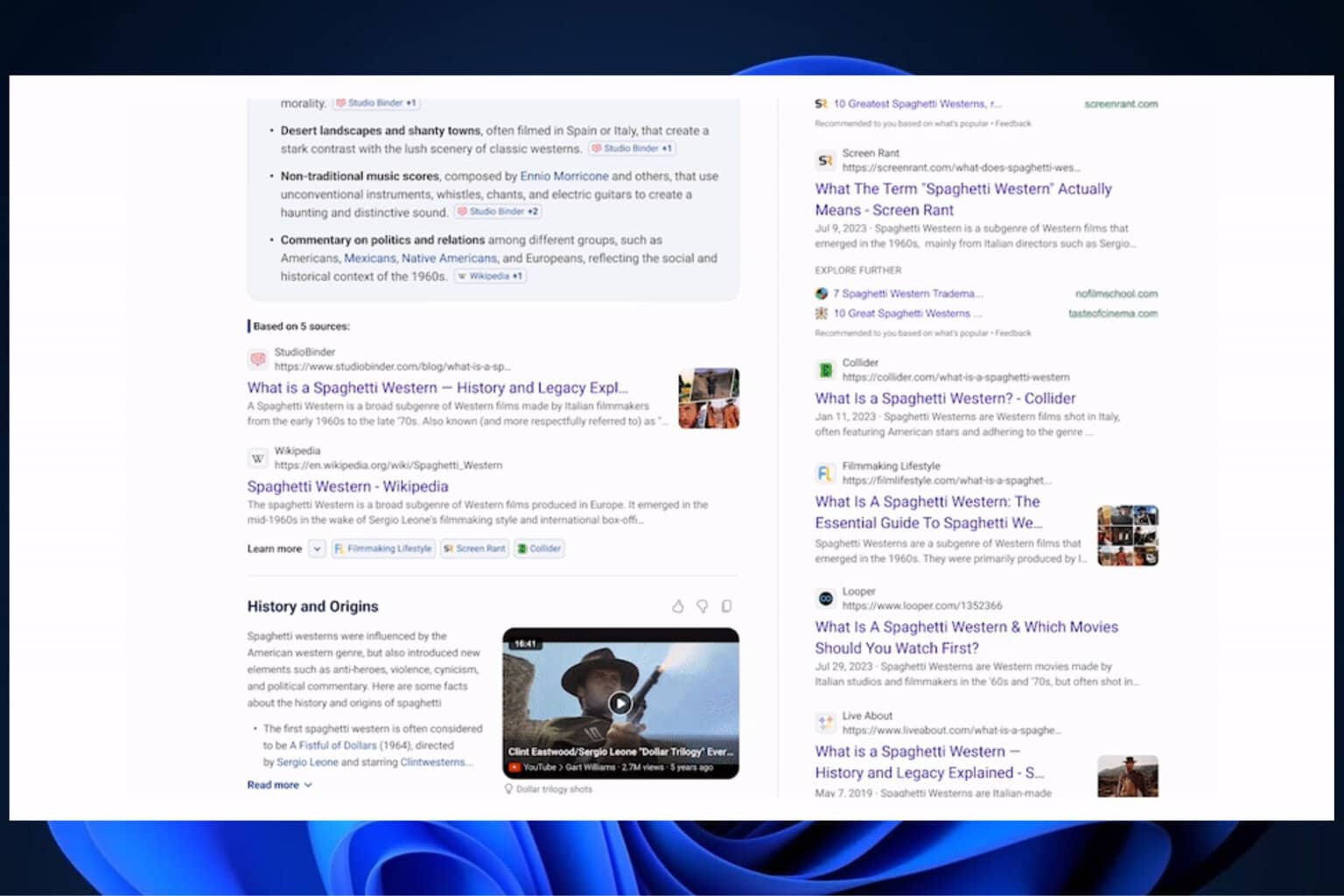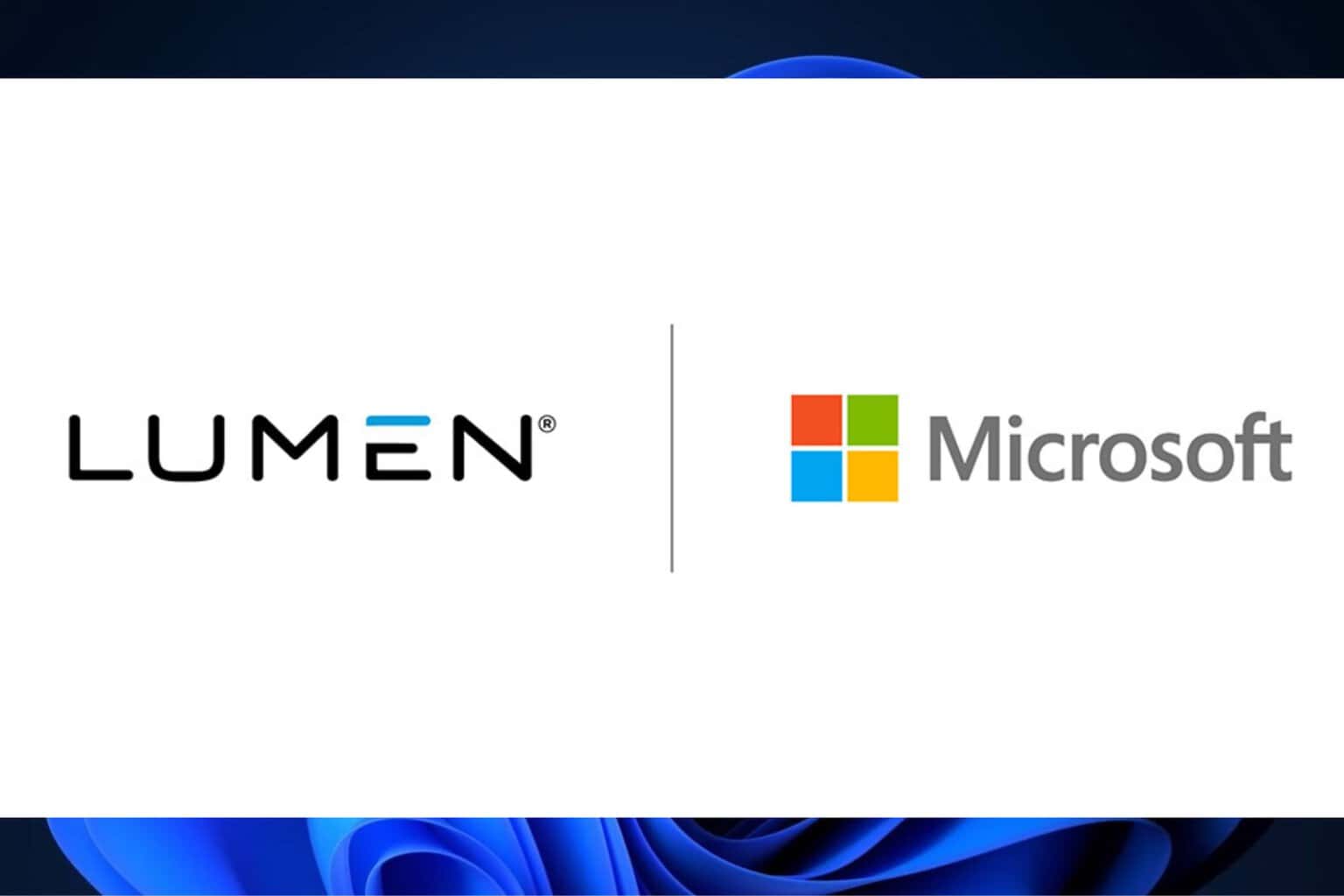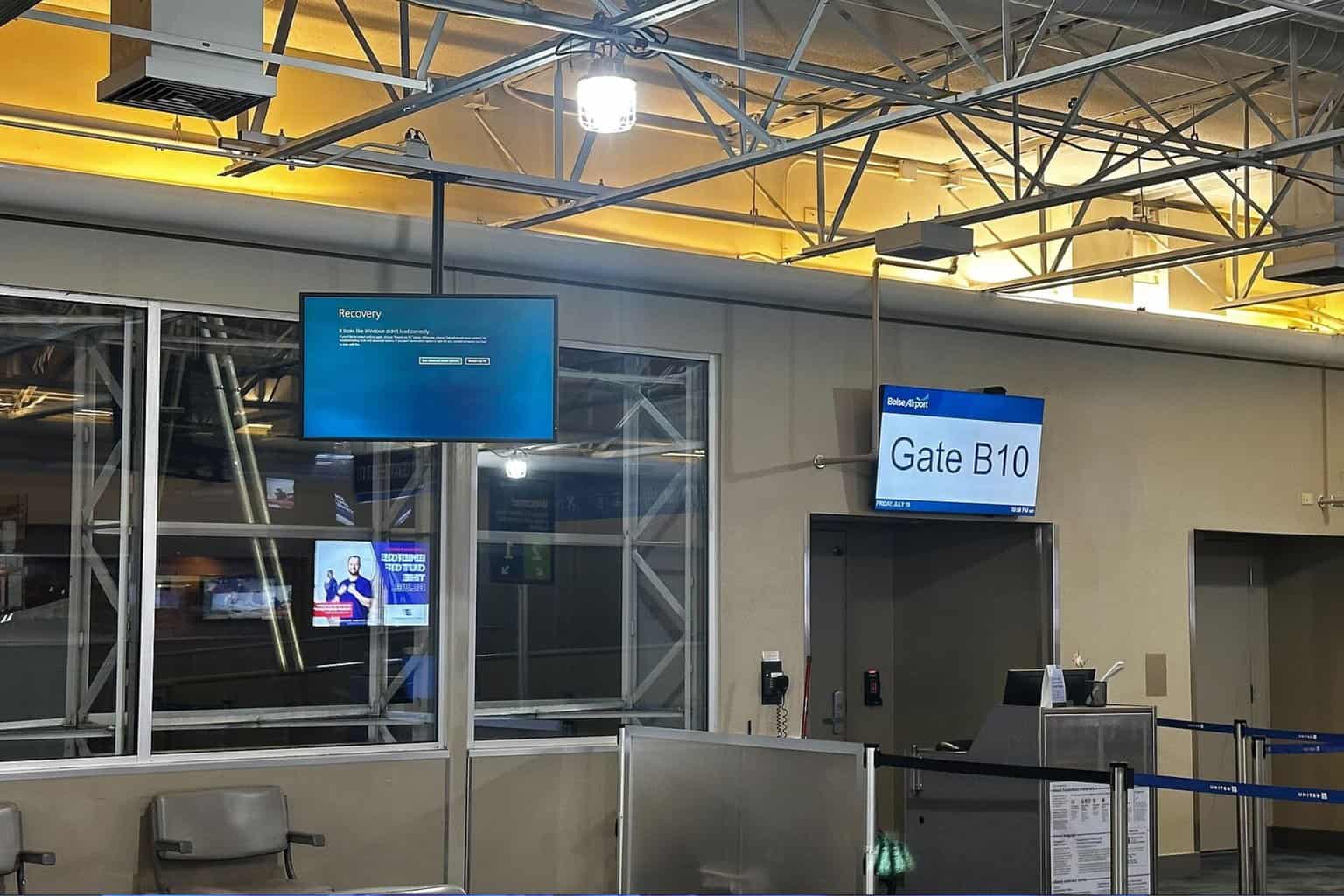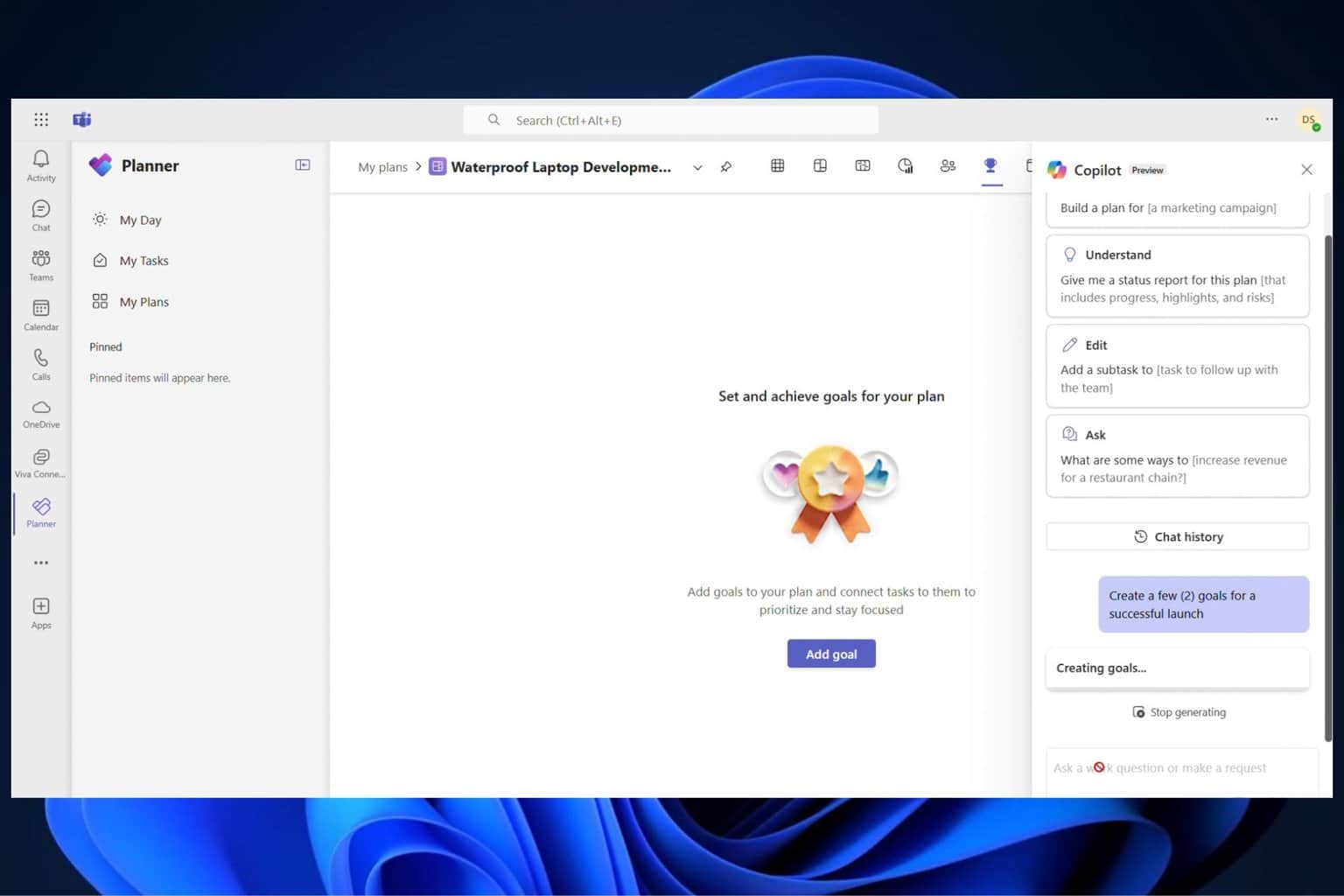Microsoft rolls out Windows 10 KB4010250 Flash Player update
2 min. read
Updated on
Read our disclosure page to find out how can you help Windows Report sustain the editorial team Read more
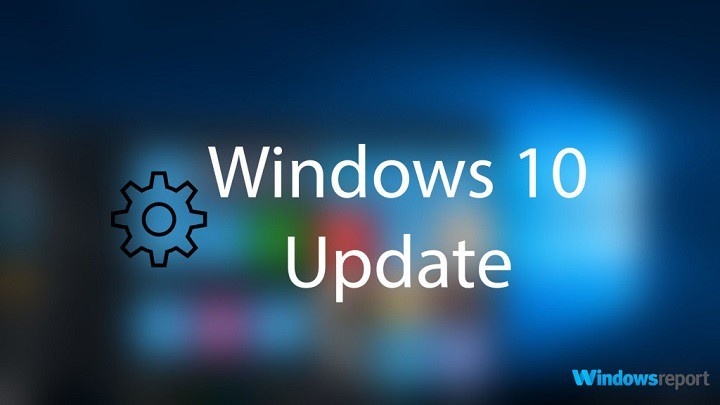
Microsoft completely canceled this month’s Patch Tuesday release due to a severe security issue, later confirming that the next Patch Tuesday would arrive on March 14. Ultimately, Microsoft‘s engineers changed their minds and decided to push out a Windows 10 update in February after all.
Windows 10 KB4010250 is actually a Flash Player update for Edge and Internet Explorer that fixes 13 critical vulnerabilities found in the tool. The Redmond giant most likely decided to roll out this update due to an increase in the number of attacks targeting the 13 security exploits.
Windows 10 KB4010250
Windows 10 KB4010250 is available for Windows Server 2016, Windows Server 2012 R2, Windows Server 2012, Windows 10, Windows 10 Version 1511, Windows 10 Version 1607, Windows 8.1, or Windows RT 8.1.
This security update is rated Critical. The update addresses the vulnerabilities in Adobe Flash Player by updating the affected Adobe Flash libraries contained within Internet Explorer 10, Internet Explorer 11, and Microsoft Edge.
How to download and install KB4010250:
1. Through Windows Update
To install KB4010250, simply turn on automatic updating, and Windows will download and install it automatically.
2. Via Microsoft’s Update Catalog
You can also download the stand-alone KB4010250 package from the Microsoft Update Catalog website.
Windows 10 KB4010250 appears to be a stable update. Users haven’t reported any install issues or other issues caused by the update itself, good news considering that Windows updates oftentimes bring issues of their own.
Speaking of security vulnerabilities, a recent Google report could offer more information as to the exact problem that forced Microsoft to cancel February’s Patch Tuesday. Google’s Project Zero discovered that Microsoft’s Windows 10 developed a vulnerability connected to a core file named gdi32.dll. Microsoft has yet to issue any comment on this disclosure.
RELATED STORIES YOU NEED TO CHECK OUT:

